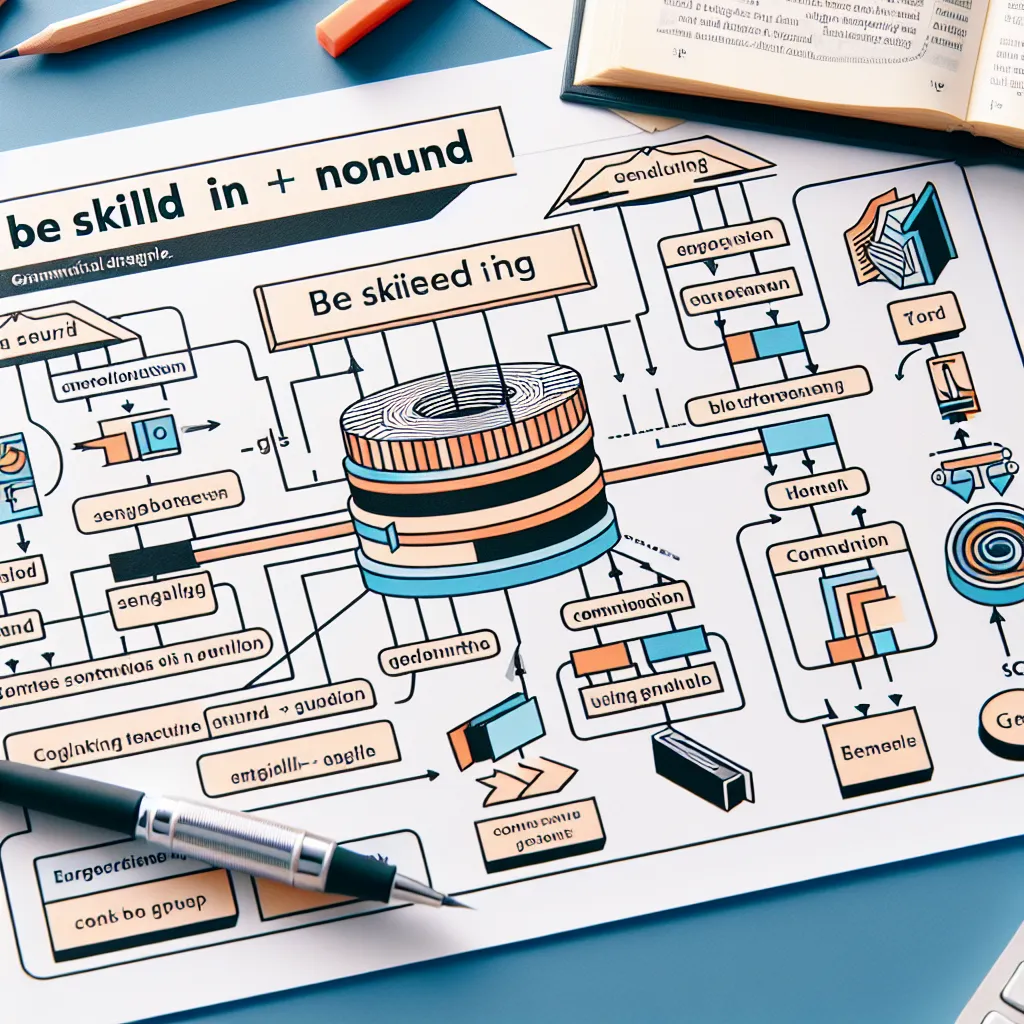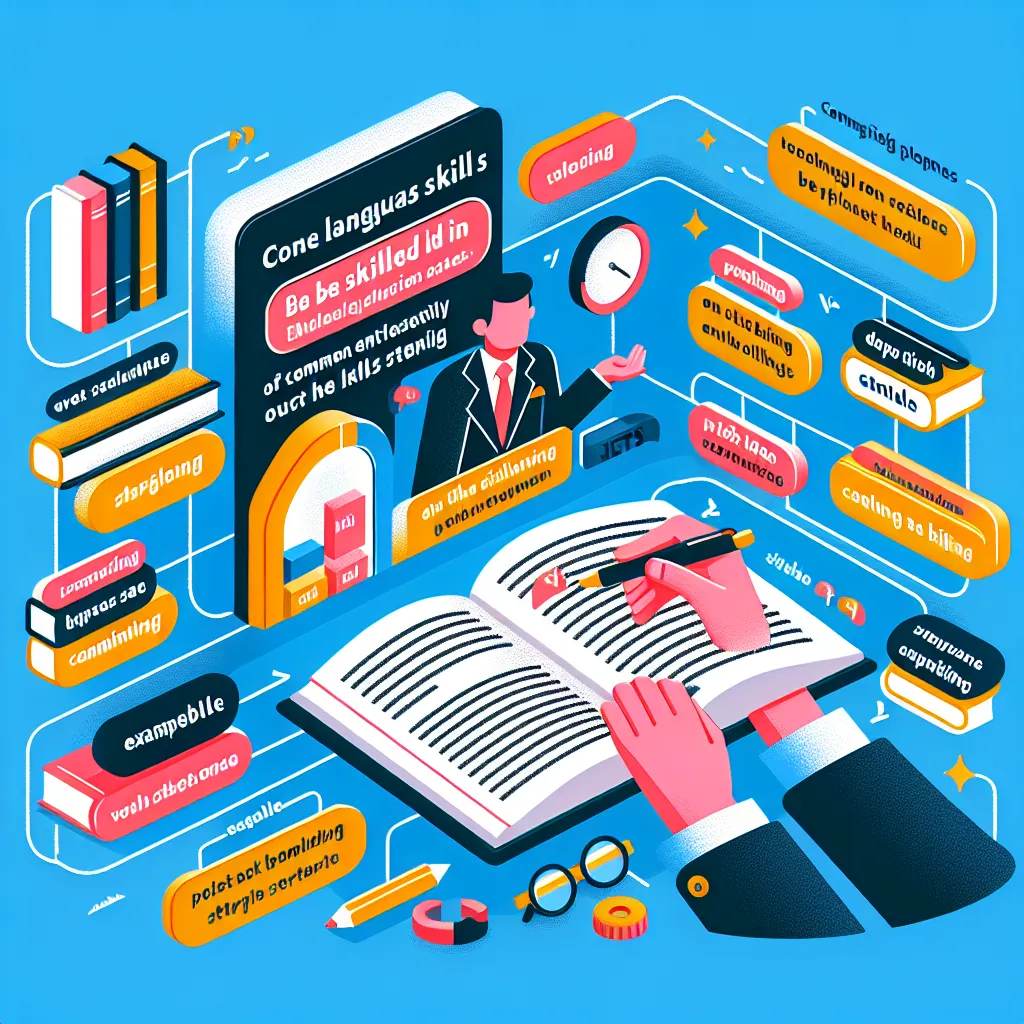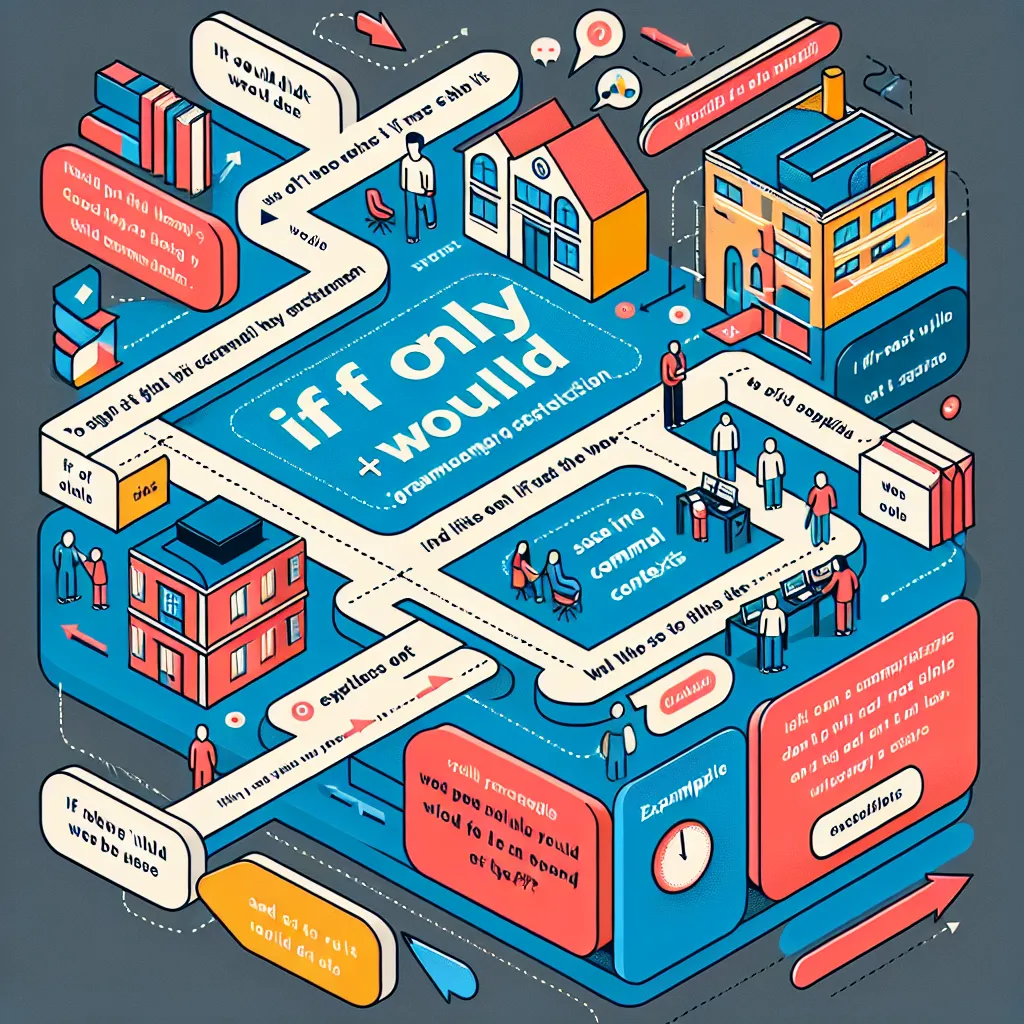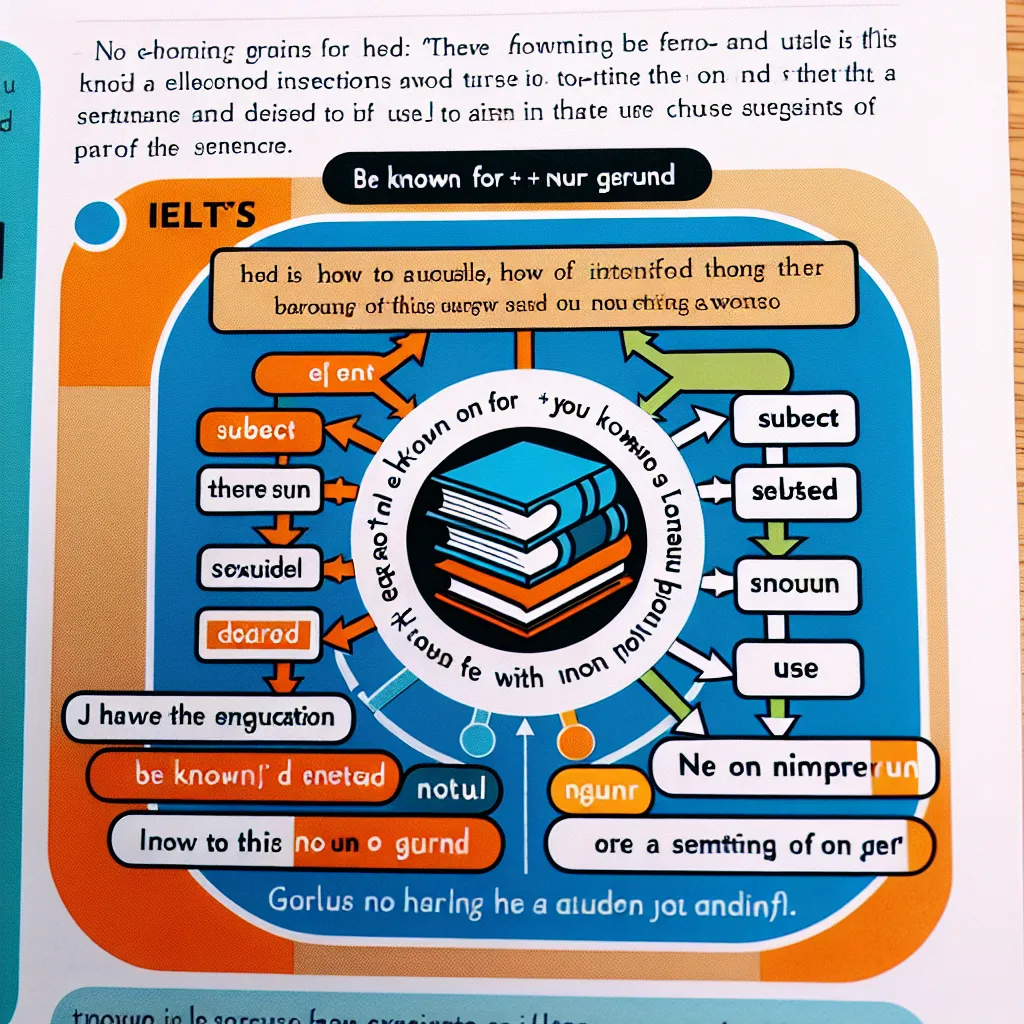Are you preparing for the IELTS exam and looking to enhance your grammar skills? One essential structure that can help you express expertise and proficiency is “be skilled in + noun/gerund.” This versatile phrase appears frequently in IELTS tests and can significantly boost your score when used correctly. Let’s dive into the nuances of this structure and explore how to apply it effectively in your IELTS writing and speaking tasks.
Nội dung bài viết
Understanding the “Be Skilled in + Noun/Gerund” Structure
The phrase “be skilled in” is a powerful way to describe expertise or proficiency in a particular area. It’s commonly used in academic and professional contexts, making it particularly relevant for IELTS candidates. This structure consists of two main parts:
- “Be skilled” – indicating possession of skill or expertise
- “in + noun/gerund” – specifying the area of skill
For example:
- She is skilled in problem-solving. (noun)
- He is skilled in negotiating complex deals. (gerund)
 Be Skilled In Structure
Be Skilled In Structure
Grammar Formula and Usage
The basic formula for this structure is:
[Subject] + [be] + skilled in + [noun/gerund]
It’s crucial to note that “skilled” is an adjective, and it’s followed by the preposition “in.” This preposition is fixed and should not be changed to maintain grammatical correctness.
Applying “Be Skilled in” in IELTS Writing
Using this structure effectively in your IELTS Writing task can demonstrate a high level of language proficiency. Here are some examples of how you can incorporate it into your essays:
-
Task 2 Essay Introduction:
“In today’s competitive job market, being skilled in multiple languages is often seen as a significant advantage.” -
Body Paragraph:
“Professionals who are skilled in data analysis are increasingly sought after by companies looking to make data-driven decisions.” -
Conclusion:
“To conclude, while being skilled in technical aspects is important, soft skills such as communication and adaptability are equally crucial for success in the modern workplace.”
Sample Paragraph Using “Be Skilled in”
Here’s an example of how you might use this structure in a Task 2 essay about the importance of practical skills in education:
“In the rapidly evolving job market, being skilled in practical applications of knowledge is becoming increasingly important. Many employers now prioritize candidates who are skilled in problem-solving and critical thinking over those with purely theoretical knowledge. For instance, a software developer who is skilled in coding and debugging is likely to be more valuable to a company than one who only understands programming concepts without practical experience. Therefore, educational institutions should focus on helping students become skilled in applying their knowledge to real-world scenarios.”
Enhancing Your IELTS Speaking with “Be Skilled in”
Incorporating this structure into your IELTS Speaking responses can help you articulate your ideas more precisely. Here are some examples:
-
Part 1 Response:
Interviewer: “What skills do you think are important in your field of study?”
You: “In my field of engineering, being skilled in mathematics and problem-solving is crucial. Additionally, being skilled in computer-aided design software is becoming increasingly important.” -
Part 2 Task Card:
Describe a skill you would like to improve.
“I’d like to improve my public speaking skills. While I’m fairly skilled in writing and one-on-one communication, I believe being skilled in addressing large audiences would be beneficial for my career…” -
Part 3 Discussion:
Interviewer: “How do you think technology has changed the skills required in the workplace?”
You: “Technology has significantly shifted the skill set required in many professions. For example, in marketing, being skilled in digital platforms and data analytics is now essential, whereas traditional advertising skills are less emphasized…”
Achieving Higher Band Scores with Advanced Usage
To aim for higher band scores (7+), consider using more complex forms of this structure:
-
Comparative Forms:
“She is more skilled in negotiation than her colleagues.” -
Superlative Forms:
“He is the most skilled in the department when it comes to client relations.” -
Passive Voice:
“Employees are required to be skilled in multiple software applications.” -
Perfect Tenses:
“By the time she graduates, she will have become skilled in various research methodologies.” -
Modifiers:
“He is highly skilled in problem-solving, which makes him an asset to the team.”
Common Mistakes to Avoid
When using “be skilled in,” be careful to avoid these common errors:
-
Incorrect Preposition:
❌ “She is skilled at programming.” (Incorrect)
✅ “She is skilled in programming.” (Correct) -
Confusing with Similar Phrases:
❌ “He is skilled to negotiate.” (Incorrect)
✅ “He is skilled in negotiating.” (Correct) -
Using an Adjective Instead of a Noun/Gerund:
❌ “They are skilled in creative.” (Incorrect)
✅ “They are skilled in creative thinking.” (Correct) -
Forgetting the Gerund Form:
❌ “We are skilled in analyze data.” (Incorrect)
✅ “We are skilled in analyzing data.” (Correct) -
Overusing the Structure:
While it’s a useful phrase, avoid using it excessively in your writing or speaking. Variety in language use is key to achieving high scores.
 Common IELTS Mistakes with Be Skilled In
Common IELTS Mistakes with Be Skilled In
Conclusion
Mastering the “be skilled in + noun/gerund” structure can significantly enhance your IELTS performance. By incorporating this phrase correctly and creatively in your writing and speaking tasks, you demonstrate a sophisticated command of English grammar. Remember to practice using this structure in various contexts and to combine it with other advanced grammatical forms to showcase your language proficiency. As you prepare for your IELTS exam, focus on integrating this structure naturally into your responses, and you’ll be well on your way to achieving a higher band score.
For further practice, try using “be skilled in” in sentences about your own abilities or when describing job requirements in different fields. This will help you become more comfortable with the structure and ready to use it confidently in your IELTS test.


